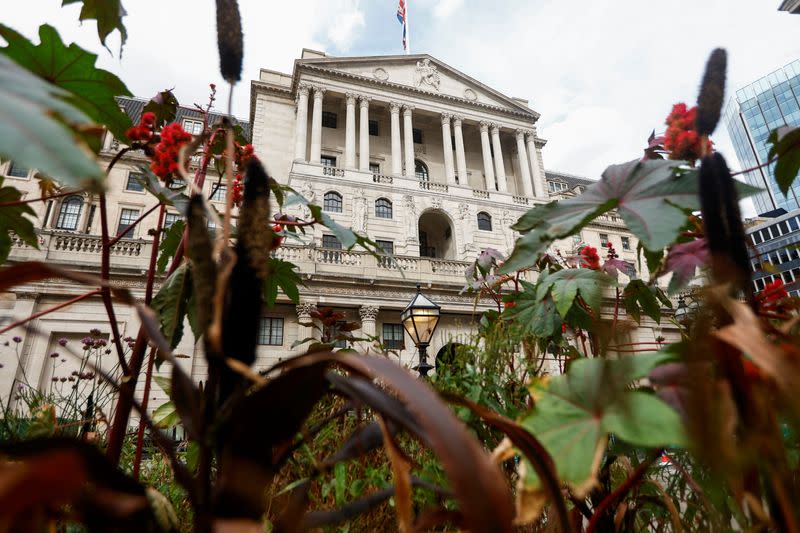No strong case for jacking up bank charges: ECB's Wunsch

(Reuters) - There are no strong arguments for the European Central Bank to increase mandatory reserves for banks, Belgian central bank chief Pierre Wunsch said on Thursday, weighing in on a key debate about a potential move to tighten policy further.
The ECB cut to zero the rate it pays to banks on mandatory reserves earlier this year. Some policymakers are now pushing for an increase in the reserve requirement, in part to reduce losses associated with the multi-trillion-euro pool of excess liquidity sloshing around banks.
Wunsch said that reducing the volume of assets would be the first port of call and changing the reserve requirement would risk making future asset buys less effective.
"I don't see any strong argument for using movements in the reserve requirements when we still have this huge portfolio (of bonds) that we can reduce," Wunsch told the Reuters Global Markets Forum.
Banks are sitting on cash, mostly created during the decade of ultra easy monetary policy, when the ECB printed money to buy bonds.
Now that rates are rising, these bonds are generating losses for the central bank and some of the euro zone's national central banks could burn all of their capital, raising the risk that governments would have to recapitalise them.
But Wunsch said that reducing central bank losses should not be the objective of monetary policy and changing the rules now could make commercial banks wary of taking part in future stimulus schemes.
"I'm a bit concerned that in the future, if you would want to do some more QE, the markets would say okay, but if it turns sour and they make losses, they are going to want to recoup the losses," he said.
One way to reduce excess liquidity would be to end early reinvestments in the 1.7 trillion euro Pandemic Emergency Purchase Programme, now set to run until the end of 2024.
"We need to remain cautious but honestly, to be clear, I don't think there are any arguments now for keeping (PEPP reinvestments) until 2024, except the fact that we have announced (this date)," Wunsch said.
However, an outright sale of bonds does not need to be on the agenda now, he said.
Join GMF, a chat room hosted on Refinitiv Messenger: https://tinyurl.com/yyr3x6pu)
(Reporting by Divya Chowdhury in Mumbai; writing by Balazs Koranyi. Editing by Jane Merriman and Chizu Nomiyama)

 Yahoo Finance
Yahoo Finance 